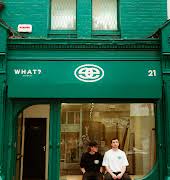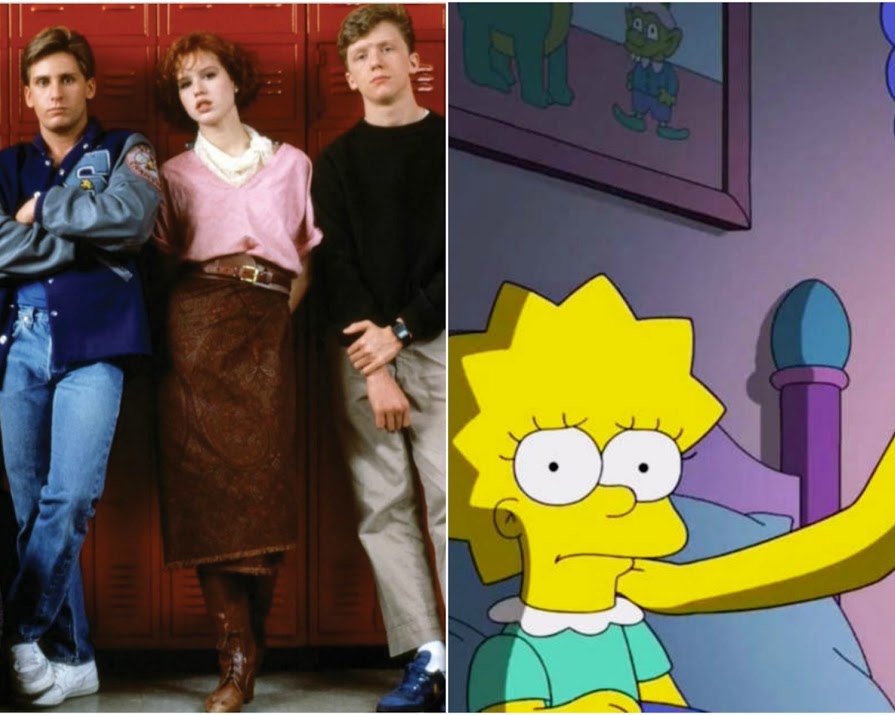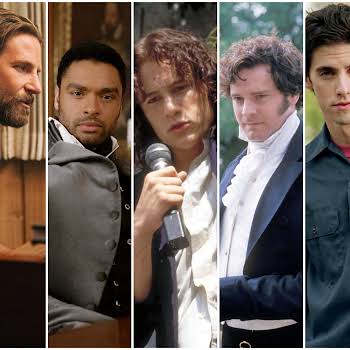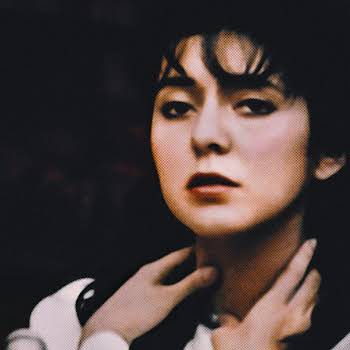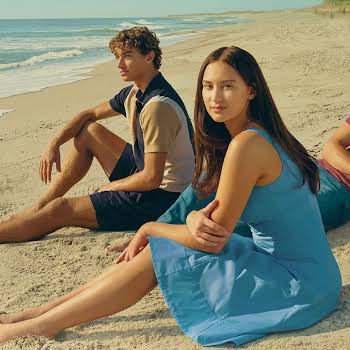
Molly Ringwald showed The Simpsons how to deal with uncomfortable nostalgia
By Erin Lindsay
14th Apr 2018
14th Apr 2018
I was one of those kids who was a lover of nostalgia before I even knew what it was. My pre-teen Tumblr (remember when everyone was on Tumblr?) was full of screenshots and quotes from Nickelodeon shows and teen movies from only 5-6 years before (which felt like a lifetime then). The appetite for nostalgia seems to have grown in recent years, with scrunchies and Stranger Things filling the cultural landscape. But with our nostalgia, comes an uncomfortable revelation. Some of the content isn’t as wholesome as we previously thought.
Have you noticed yourself cringing a little when they refer to Carol and her partner Susan during re-watches of Friends? Or did the plan to get Marty’s mum and dad together involving his mother being basically sexually assaulted in Back to the Future jar with you?
You’re not alone. With the addition of Friends to Netflix in January, a whole new generation of watchers sat down to enjoy one of the most beloved sitcoms of all time. We’re all seeing something we hadn’t originally. The fat jokes, the gay jokes, the distinct lack of diversity, the perpetuation of harmful gender roles, and on and on. The criticisms of our best-loved media continued, with works like The Problem with Apu by Hari Kondabolu showing us an uncomfortable truth – there was a lot of racism and sexism going on in those shows.
These criticisms were met with a backlash of the usual variety. People argued that ‘nothing could be found funny anymore’, ‘everyone had to be offended by everything’ and ‘these shows were untouchably amazing’. The response was totally understandable. Friends is one of my favourite TV shows and I adore 80s and 90s teen movies. But not everything in those shows or movies was acceptable, and we should recognise that.
A good example is Irish classic The Snapper. Now, before you are outraged by the fact that anyone could badmouth The Snapper, hear me out. I love that movie. It’s hilarious, it’s smart, it illustrates Dublin humour better than anything else out there, which I adore. But, only having seen the film 4 years ago, I noticed the more problematic aspects of the movie. I laughed along with my mates until we got to the scene where Sharon conceives her baby and I became a bit incredulous. “But she’s pretty much getting raped guys?” “Ah she’s not, it’s not like that”. “Her friend’s dad takes advantage of her when shes too drunk to stand! She didn’t even know it was him!” There was no response after that, but I could tell I’d taken on the role of the spoilsport that day.
If it is so hard to think about the art that we love as being ‘bad’ or offensive, then imagine how hard it must be to have created that art? This is exactly what Molly Ringwald, star of classic 80s movies such as Sixteen Candles and Pretty in Pink, did in her essay for the New Yorker last week. Ringwald discussed how, upon watching her formative film The Breakfast Club with her young daughter, she began to feel uncomfortable at some of the scenes and the way in which her character was treated by a love interest. She talked about how she was oblivious to how inappropriate it was at the time, saying that she “was well into [my] thirties before I stopped considering verbally abusive men more interesting than the nice ones.” Ringwald also expressed her love and respect of John Hughes, the director of the film and many others, and the way in which he wrote about the teenage experience in the 80s, at a time when no one else was approaching it in a real way. But she also wrote of how “It’s hard for me to understand how John was able to write with so much sensitivity, and also have such a glaring blind spot.”
Molly Ringwald’s response was measured, considerate and logical. It was admirable how mature her contemplation of these movies was, despite how difficult it must be to view your own work like that. Some movie and TV makers, though, take a less measured approach. Also in the news this week was The Simpsons‘ response to 2017 documentary The Problem with Apu, which criticised the show’s character Apu as a harmful stereotype of south Asians. In this week’s episode No Good Read Goes Unpunished, Marge is reading Lisa an old bedtime story that, upon reading in modern times, is shown to be more racist than she remembers. When she tries to omit these details from the book, Lisa protests that without them, the story makes no sense. When Marge asks what she should do, Lisa responds with a hamfisted approach. “It’s hard to say. Something that started decades ago and was applauded and inoffensive is now politically incorrect. What can you do?” she says, while the camera pans out to a framed photo of Apu on the bedside table. “Some things will be dealt with at a later date”, Marge says and Lisa adds, “if at all”.
The point that the Simpsons are trying to make is valid; that stories and tv shows can show an arc of growth and maturity through the years and some things that were thought to be ok then are seen to be not ok now. But the way they approached it, with such odd, clunky dialogue and no real conclusion to the subject, sparked a negative reaction from the show’s fans, with the scene being branded as “toothless”. The scene showed a stark difference in the way the subject can be tackled; with sensitivity and maturity, or with hesitation to the point of not tackling it at all.
It’s an uncomfortable thing to have to confront these ideas. To admit that the things that we love and that have shaped us to some extent could be less than wholesome and perfect makes it feel like we have to give them up completely. We don’t want to abandon parts of our formative years so we defend them fiercely. This is understandable. But the idea that we have to give up these things and act as if we never enjoyed them is not true, or feasible.
Image: FOX and Universal










